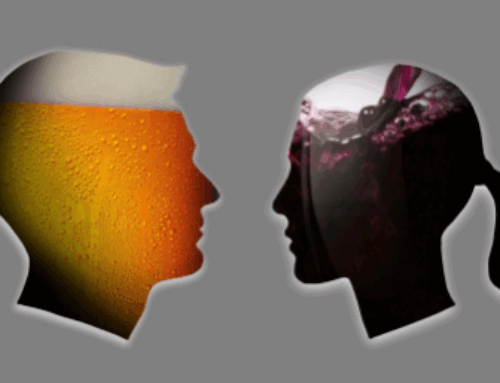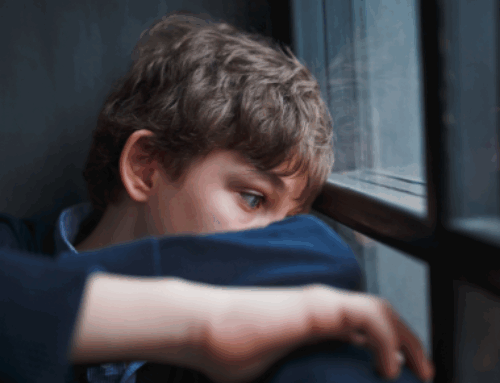In the United States and around the globe, June is a celebration of LGBTQ+ Pride Month. This commemorative month recognizes the impact that queer individuals have had on society and history locally, nationally, and internationally.
For us, it is also an opportunity to spotlight the significant incidence of substance use among members of the LGBTQ+ community. From alcohol abuse and binge drinking to the use of harder drugs like methamphetamines, heroin, and opioids, many who identify as members of this community struggle with addiction.
Our podcast series, Airing Addiction, recently presented a special Pride Month discussion of the challenges the LGBTQ+ community faces in addiction and treatment with guest Beck Gee-Cohen, MA, LADC. Cohen is the Director of LGBTQ+ Programming at Visions Adolescent Treatment Center in Los Angeles, and the owner of the consulting firm BGC Bridge, which is dedicated to teaching healthcare providers and addiction professionals about LGBTQ+ culture and how to better serve this community.
Recognizing Causes & Triggers
LGBTQ+ adults are more than twice as likely as their heterosexual counterparts to use illicit drugs and almost twice as likely to suffer from a substance use disorder. There are numerous contributing factors that make substance use in the LGBTQ+ community prevalent, including the following common triggering issues:
- Discrimination and Social Stigma: Almost all LGBTQ+ individuals have or currently face some level of homophobia and discrimination. It may come from strangers, acquaintances, or friends and family. They also face the constant threat of workplace harassment, bullying, and even hate crimes. As with many other communities which experience this level of social barrier, members of the LGBTQ community often turn to substances for a reprieve.
- Lack of Support: Many members of the LGBTQ+ community choose to keep their sexual identity a secret to avoid discrimination. Living this type of double life can create feelings of loneliness and anxiety. And those who do choose to come out often face rejection from family and friends and turn to substance use to help dull the pain.
- Co-Occurring Disorders: Clinical depression, stress, and anxiety disorders are quite common among members of the LGBTQ+ community, as are mood disorders, eating disorders, and other types of psychiatric problems. In addition, many suffer from health issues such as hepatitis, HIV/AIDS, and other conditions. Dealing with serious medical issues can interfere with the ability or desire to seek substance use disorder treatment.
- Lack of Specialized Treatment Options: Many members of this community facing addiction problems are hesitant to seek help from a traditional treatment facility. Group therapy participants, and even some counselors, may display homophobic behaviors or make inappropriate remarks. Such discrimination is also prevalent in shelters and other such facilities. This prevents recovering individuals from feeling like they can let down their guard and be themselves, which is essential for successful rehabilitation. In addition, many traditional treatments do not address the specific needs of LGBTQ+ individuals, such as learning successful coping methods for dealing with social isolation, family problems, homophobia, and violence.
Our team is proud to work with programs like BGC Bridge to ensure that we provide comprehensive addiction treatment programs to effectively serve the unique needs for which those with substance use disorders in the LGBTQ+ community require support. It is important for those needing help to know that viable options are available and accessible. Reaching out for support takes courage and strength. It is also the first crucial step on the journey towards recovery.
If you or a loved one is struggling with alcohol addiction or a substance use disorder, call the New England Recovery Center today at 1-877-MyRehab.










